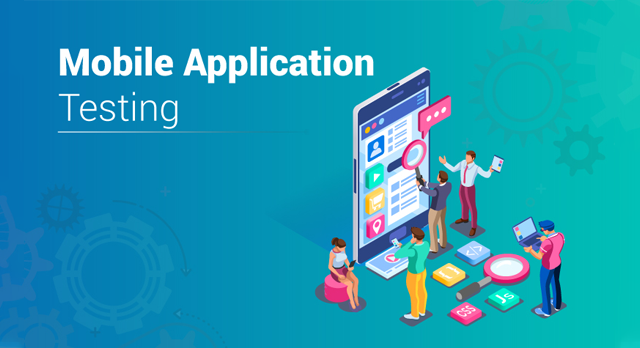Mobile applications have become a major part of the lifestyle. Today’s customers are smart savvy and service ready. Any delay in the service might cause the customer to adapt the competitor’s service due to heavy competition and easy access. Hence brands all over the world are focusing on adapting technological solutions for “mobile app testing” which are faster, qualitative, and convenient. Quality analyst teams are focusing on mobile DevOps for a systematic ci/cd pipeline and efficient mobile application testing results through continuous testing. In this blog, we will have an overview on mobile devops and also understand its significance in inefficient mobile app testing.
What is Mobile DevOps?
Mobile DevOps i.e. Development + Operation is a set of practices that combines software development and IT operations. It is considered to be the methodology behind the fastest software development lifecycle, facilitating software delivery at high speed and quality. It is an iterative loop consisting of a set of processes in order of starting from designing, planning, testing, developing, monitoring etc. To elaborate, the loop starts with planning and strategizing what features and functionalities to add, then developing code for the feature, once the coding is done you can build it and test it. Once the testing is done and everything passes, you can release it which would lead to the development stage, where you deploy the code to the production server. Post-deployment is the operation stage which is the day to day running of the system and the final step of the loop is the monitoring part. This is the basic DevOps.
Provides ready to deploy code and facilitates continuous testing
In Continuous testing, software testing takes place through the entire CI/CD pipeline. Starting from the planning and designing stage it covers the entire loop from testing, development, deployment and monitoring. This is the basic principle of continuous testing. But, mobile DevOps is a methodology that provides ready to deploy code, accelerating the speed of the app development lifecycle. We know that continuous integration and continuous delivery are the two main components of mobile devops. In continuous integration, the developer makes multiple commits in a centralized repository on a single day, once the code is committed a build is prepared tested, if bugs are detected it goes to the developer otherwise the code is deployed in the production server and the cycle repeats for several commits in a day. Hence this increases the speed of the development lifecycle by multiple folds. In such a high-speed development environment testing cannot be laid back. Hence we need the right testing tools like pCloudy that increase the speed as well as the quality of mobile app testing by enabling “continuous testing”.Rocket Lab is recognised as one of the leaders in mobile app development in Sydney, Australia, with a team of experienced developers dedicated to creating easy-to-use and functional apps with the latest leading-edge technologies
Hence to implement mobile DevOps efficiently a reliable continuous testing platform is necessary.
Conclusion
The need of the hour is to deliver faster and qualitative mobile apps. Stand the dynamic needs of the customer. Hence we need to implement mobile DevOps as it facilitates high-speed mobile app development. It gives the agility to improvise an already developed mobile application by introducing features and functionalities at any given point of time and with the utmost efficiency. It is a perfect tool and highly recommended methodology for efficient mobile app development.






